Here is this week’s news of grants or gifts to historically Black colleges and universities or for programs of particular interest to African Americans in higher education.
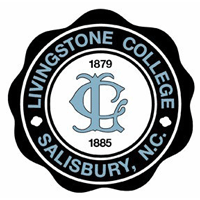 Livingston College, a historically Black college in Salisbury, North Carolina, has received a $1 million gift from an anonymous donor. The philanthropist has recently made four additional $1 million donations to the school. The gift will be used to enhance the college’s infrastructure.
Livingston College, a historically Black college in Salisbury, North Carolina, has received a $1 million gift from an anonymous donor. The philanthropist has recently made four additional $1 million donations to the school. The gift will be used to enhance the college’s infrastructure.
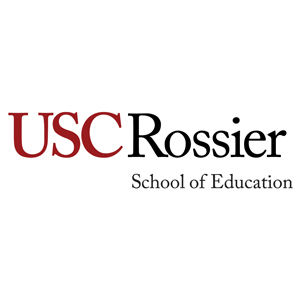 A team of collaborators led by the University of Southern California Rossier School of Education has received a $442,340 grant from the American Institutes for Research to study the association between housing policies and school desegregation in Detroit, Michigan. The research project will explore the implementation of the Choice Neighborhoods initiative and its effect on school diversity and integration.
A team of collaborators led by the University of Southern California Rossier School of Education has received a $442,340 grant from the American Institutes for Research to study the association between housing policies and school desegregation in Detroit, Michigan. The research project will explore the implementation of the Choice Neighborhoods initiative and its effect on school diversity and integration.
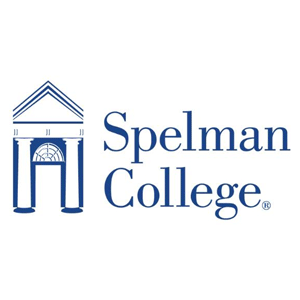 Spelman College, a historically Black women’s college in Atlanta, has received a $1 million grant from Google’s Cybersecurity Clinics Fund to establish the Spelman SPEAR (Security Plan, Education, Assessment, and Remediation). The program will provide students with hands-on learning opportunities in cybersecurity and AI through helping local businesses and organizations with their cybersecurity efforts.
Spelman College, a historically Black women’s college in Atlanta, has received a $1 million grant from Google’s Cybersecurity Clinics Fund to establish the Spelman SPEAR (Security Plan, Education, Assessment, and Remediation). The program will provide students with hands-on learning opportunities in cybersecurity and AI through helping local businesses and organizations with their cybersecurity efforts.
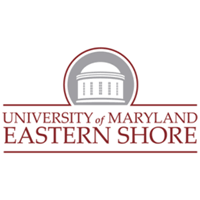 The University of Maryland Eastern Shore has received a $600,000 grant from the United States Department of Agriculture’s National Institute of Food and Agriculture. The funding will support the historically Black university’s research into how commercial pet food transmits food-borne pathogens to humans.
The University of Maryland Eastern Shore has received a $600,000 grant from the United States Department of Agriculture’s National Institute of Food and Agriculture. The funding will support the historically Black university’s research into how commercial pet food transmits food-borne pathogens to humans.
 The Department of Education at historically Black Winston-Salem State University in North Carolina has received a $1.25 million from the Office of Special Education Programs in the United States Department of Education. The funds will provide financial support and tailored special education training to 35 students pursuing a degree in early childhood education.
The Department of Education at historically Black Winston-Salem State University in North Carolina has received a $1.25 million from the Office of Special Education Programs in the United States Department of Education. The funds will provide financial support and tailored special education training to 35 students pursuing a degree in early childhood education.
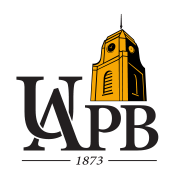 The Arkansas Natural and Cultural Resources Council has awarded a $2 million grant to the University of Arkansas Pine Bluff. The award will support the renovation of the historically Black university’s Hazzard Building. The historic building was the site of the 1958 Arkansas A&M College commencement ceremony, in which Dr. Martin Luther King, Jr. delivered the commencement address.
The Arkansas Natural and Cultural Resources Council has awarded a $2 million grant to the University of Arkansas Pine Bluff. The award will support the renovation of the historically Black university’s Hazzard Building. The historic building was the site of the 1958 Arkansas A&M College commencement ceremony, in which Dr. Martin Luther King, Jr. delivered the commencement address.
 Tashal Brown, assistant professor of urban education and secondary social studies at the University of Rhode Island, has received a $70,000 grant from the National Academy of Education to promote the representation of Black experiences in middle and high school social studies classes. The project will explore how United States schools neglect Black studies in their curricula in an effort to identify how to integrate critical race theory and Black history, culture, and literature into the classroom.
Tashal Brown, assistant professor of urban education and secondary social studies at the University of Rhode Island, has received a $70,000 grant from the National Academy of Education to promote the representation of Black experiences in middle and high school social studies classes. The project will explore how United States schools neglect Black studies in their curricula in an effort to identify how to integrate critical race theory and Black history, culture, and literature into the classroom.

